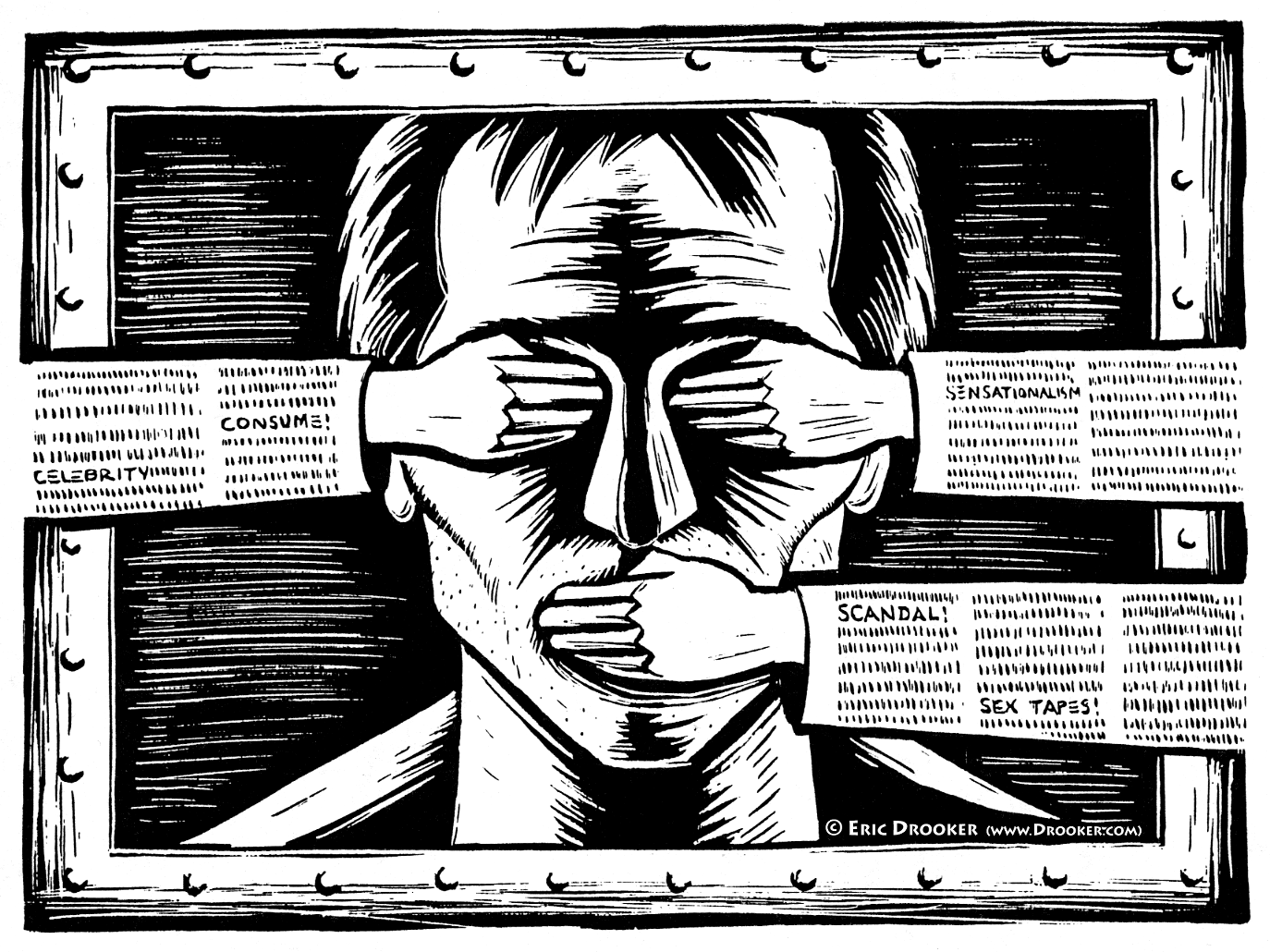Kiss Goodbye to These 8 Rights if Martial Law is Reinstated
Feb 25, 2016 • Dan Jerusalem

Feb 25, 2016 • Dan Jerusalem
 Kiss Goodbye to
Kiss Goodbye toThe date was September 21, 1972, a date most filipino baby boomers tend to forget. Late President Ferdinand Marcos’ Proclamation No. 1080 saw the beginning of Martial Law in the Philippines. Initially enacted to combat the ensuing communist insurgency, the regime soon turned out to be one of the country’s darkest eras as corruption and violence became rampant throughout Marcos’ iron fisted rule. The regime lasted 11 years until it was formally lifted on the 17th of January 1981–the rest, as they say, is history.
After almost 44 years, the old wounds might have healed but the scars remain visible up to this day. For three decades we have enjoyed our newfound freedom, and some can assert that our country is thriving. However, for others, the thinking now is that we have too much freedom, and in the same breath enjoy the freedom to express their desire for the discipline of Martial Law–a discipline that doesn’t come from self-regulation or desire but rather one that is imposed, with those who refuse to comply facing harsh consequences.
Since Millennials never experienced the regime first-hand, it would be interesting to know what would really change if Martial Law would be reenacted today. Here are just a few things that would probably happen.
First of all, you wouldn’t even get to read this article. Part of the “stabilisation” process of the Marcos regime was the censorship of media. In fact, 292 radio stations, 66 newspapers, and seven TV stations were closed on the Proclamation date alone, according to the Official Gazette. Although not all media outlets were closed, the rest would be highly controlled by the government. Not that the media isn’t being controlled in this day and age, but you can kiss student publications, independent news agents and honest journalism goodbye.
Moving past major publications, keyboard warriors probably wouldn’t even be able to type so much as a goodbye status on social media. Back in the day, any opinion or sentiments that went against the government were not allowed, so you can kiss your Facebook rants and general freedom to express yourself goodbye. Even your personal journal wouldn’t be safe for fear of it getting into the wrong hands.
You would actually miss the days when your parents would get on your case for staying out too late. If Martial Law gets reenacted, your parents wouldn’t have to bug you or give you a curfew because the government’s would do it for them. Probably one of the restrictions with severe effects on people, General Order No. 4 narrates the curfew that requires all citizens to stay out of public streets from 12 midnight until four o’clock in the morning. Anyone caught by the dreaded Metrocom, or Metropolitan Police, would be detained. Most of those caught back then were troublemaking teenagers aka people like you and me.
If that isn’t worrisome to you, then imagine the fear of saying goodbye to friends and family and wondering if that would be the last time you would see them because under Martial Law, you just never knew.
Okay, maybe not zero TV. But again, the government was screening almost all media content during that time so content that they believed expressed anti-government sentiments were removed. One of those shows was the iconic Voltes V. Rumor has it that the series became a threat to the regime as its storyline depicted a similar scenario to that of the Philippines: a dictatorship ruling over oppressed masses. Well, Voltes V or not, the Filipino people still decided to volt in.
Pages: 1 2
Input your search keywords and press Enter.
